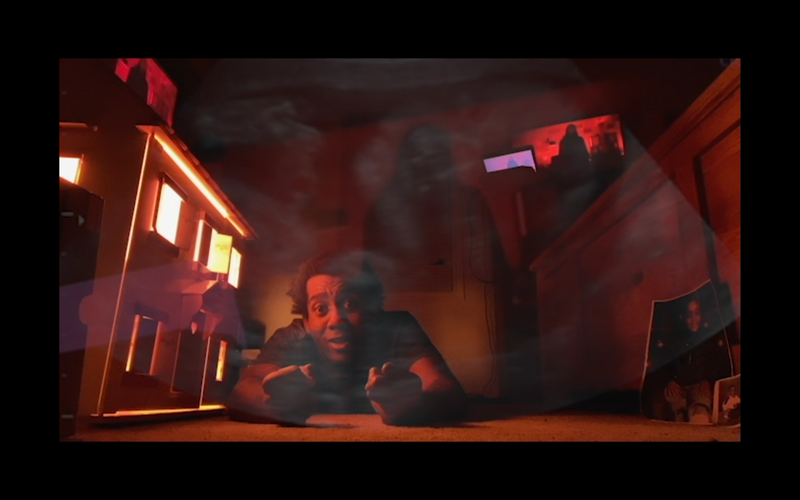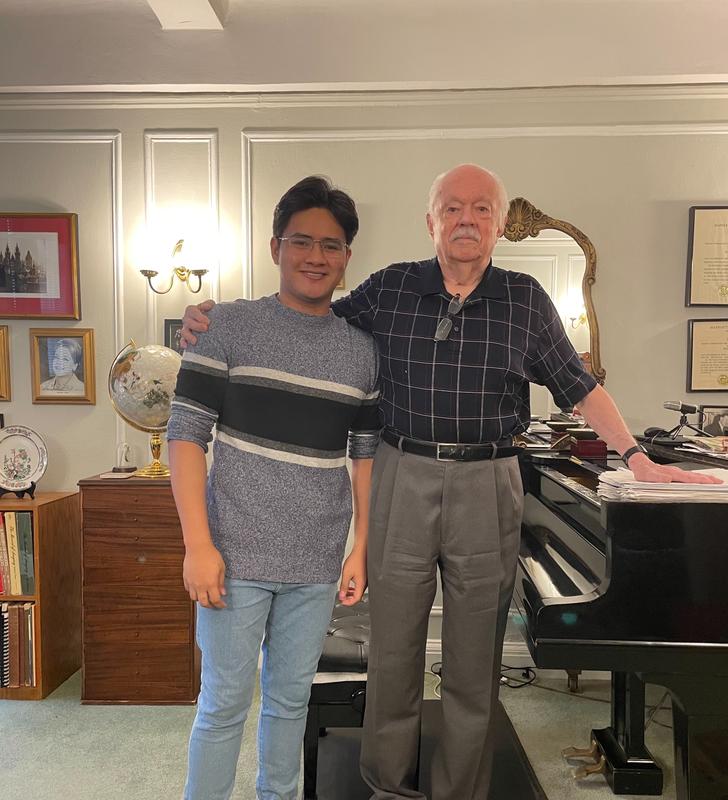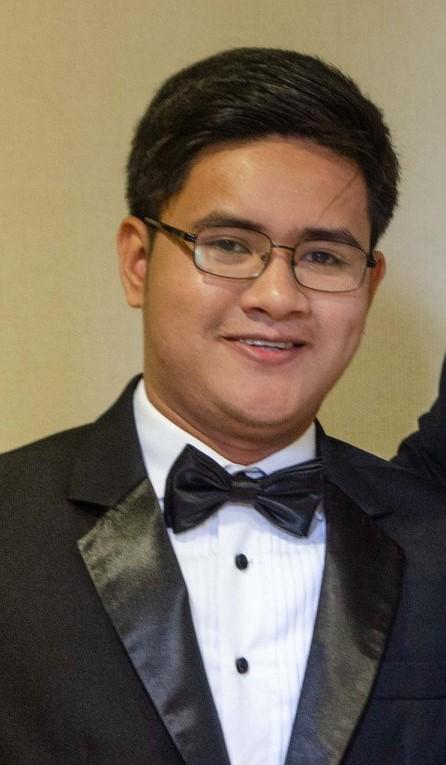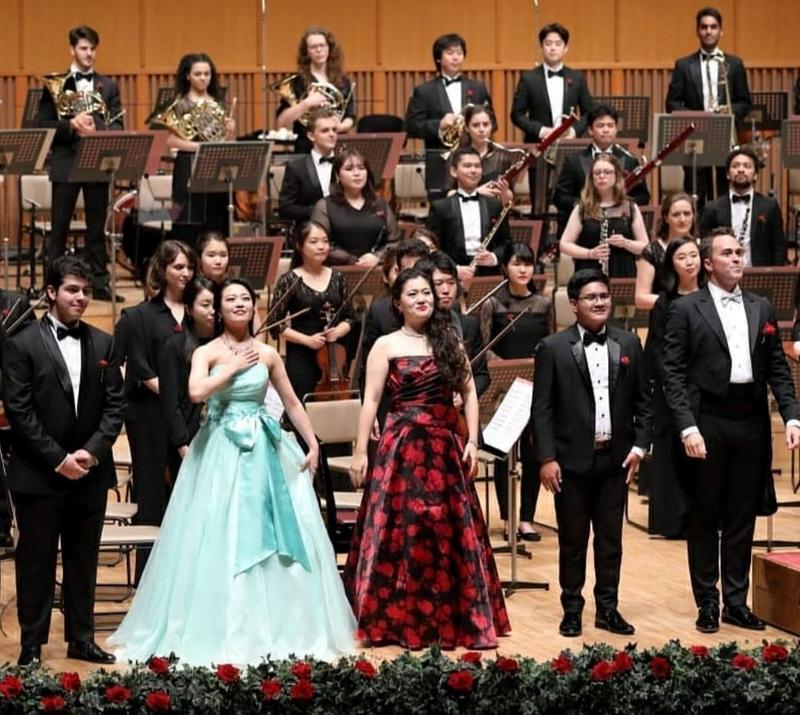Reflections from Filipino ACC Graduate Scholars Charles Yee and Radnel Ofalsa
While the pandemic has rendered everything to a standstill, artists all over the world have seen this as an opportunity to dig deep into their creative soul, improve their artistry, and learn new ways to engage their communities.
Testaments to this are theater director-educator Charles Ivan Yee (ACC 2020, 2021) and tenor Radnel Ofalsa (ACC 2021), both recipients of ACC’s Graduate Scholarship from the Philippines.
Through the encouragement of Dr. Antonio Hila, Filipino music critic and father of ACC alumna Hiyas Hila, Radnel applied for an ACC grant after he was accepted to the Mannes School of Music, The New School in New York.
“I started my ACC application while I was also applying to be admitted in the United States for a Master of Music Degree. But because of the ongoing pandemic, I decided to defer and re-apply once I was offered admission,” shared Radnel.
Meanwhile, Charles had both been mentored by ACC alumni Gino Gonzales (2000), Josefina Estrella (2007), and Glenn Sevilla Mas (2015), and collaborated with fellow theater artists--grantees Bong Cabrera (2010), Delphine Buencamino (2013), Teresa Barrozo (2014), and JK Anicoche (2018). Charles applied to ACC so he could finish his MFA in Directing at the California Institute of the Arts (CalArts), which he had been pursuing under the Philippine Fulbright Graduate Student Program.
For the two Filipino artists, there was no better time to pursue higher learning than during the pandemic. While it continues to be a challenging period, it is also full of opportunities for growth, creation and collaboration.
“The pandemic has revealed an amazing perseverance that we embody as Filipino artists. It has also allowed us to show our skill in utilizing different technological platforms. We’ve been able to create new spaces and platforms to create work in, and are no longer limited by the availability of physical spaces,” shared Charles.
His journey, especially the shift to online learning, has been unconventional. There has been disappointment and skepticism on how he could learn theater online. But that didn’t stop him from producing a 2020 adaptation of Maurice Maeterlinck’s Pelléas et Mélisande.
Pelléas et Mélisande is available to watch online at https://theaterfest.calarts.edu/pelleas-et-melisande/
He used the theater production process as a response to the pandemic – providing space for the collaborators to have respite from the stressful time and creating a support system where they could check their physical and mental well-being.
"Through the work, we strove to create connections and intimate spaces with our actors and characters in this seemingly disconnected world. Although we are always online and connected, there is also a very present experience of disconnection with others, which is why we attempted to recapture that connection in trying to reframe the ways in which we view and utilize the different platforms we use today,” said Charles.

Another of Charles Yee's major directorial projects, Death of Memory, written by Glenn Sevilla Mas (ACC 2015)
Though grappling with the online space in crafting a production, Charles discovered that space can be shared by people even though they may be physically apart.
“That intimacy is possible in spite of the physical distance between us. If before the pandemic I understood space as the physical architecture that we occupy for performance, today, my appreciation expands toward understanding space as created, developed, and shared by people, ideas, music, text, color, gestures, etc. It is us who create, regulate, and inhabit these spaces.”
Charles is currently exploring his directorial take on Filipino-American Boni Alvarez’s Marabella for his final project at CalArts. Alvarez adapts Euripides’ character Medea into a contemporary Filipina immigrant living in Los Angeles.
Meanwhile, Radnel, with his brilliant tenor voice and exceptional musicality, is just starting his journey. He believes that pursuing further studies, as well as exposure to operas, full-length productions and applied classes on vocal technique, will greatly enhance and develop his skills.
 “When prestigious organizations such as the ACC invest in you, it gives you the inspiration to become excellent in the work that you do. Such an opportunity is very rare and humbling, and this will surely help me grow not just as a musician who performs on stage but also as an artist-citizen who extends himself to educate and inspire.
“When prestigious organizations such as the ACC invest in you, it gives you the inspiration to become excellent in the work that you do. Such an opportunity is very rare and humbling, and this will surely help me grow not just as a musician who performs on stage but also as an artist-citizen who extends himself to educate and inspire.
As for the graduate school, continuous training leads every musician towards the mastery of their craft, this is also very important for classical singers as the voice really takes time to mature,” shared Radnel (pictured with Mannes voice professor Dan Marek).
Both Filipino artists believe that artmaking is a process of self-discovery.
For Charles, being an artist entails one to deeply listen to the world, to grapple with questions that seemingly have no answer, and to discover the genius that is right in front of you.
“My directing journey has appreciated into a heightened sense of listening to what is being said by the text, by the actors, designers, crew that I collaborate with, as well as to the times in which we find ourselves in. There is already so much in front of us, but sometimes it still takes so much skill just to slow down, to look, listen, and appreciate the meaning of it all,” said Charles.
 As a classical musician, Radnel sees himself as an interpreter of pre-existing emotions written on music sheets.
As a classical musician, Radnel sees himself as an interpreter of pre-existing emotions written on music sheets.
“It is very important for me to respect the ideas of the composer. On the side, I try my best to become a sensitive artist by remembering the feeling whenever I sing a certain passage. The audience will always expect something new from every artist that they hear, and this is where the refinement of artistry becomes a subject.
We become effective interpreters of music when we polish not just the technicalities of it, but also when we become emotionally invested in the music at hand,” said Radnel.
When asked about their thoughts on the current artistic movement in the Philippines, Charles and Radnel have quite positive views.
“I think it will be an exciting post-pandemic theater experience in the Philippines. I am looking forward to seeing how the digital knowledge that we’ve cultivated in the lockdown will trickle into our in-person experiences of performance. I hope that we can collectively create spaces that are safe for everyone to share,” Charles elaborated.
Radnel, meanwhile, observes that the world, including its musical taste, is ever-evolving and so is the musical scene in the Philippines.
“Classically, we hear new works being performed in our country which are very revolutionary. For me, it’s something to be proud of as brilliant ideas of our countrymen are being translated into these masterpieces. But just like any other place in the world, popular music dominates the market and from such a landscape we can see where the funds go. I just hope that one day there will be enough support not just for what is popular today but also for the music that has been shaped by tradition like folk, indigenous, and classical music,” enthused the young musician.

Tenor Radnel Ofalsa at the 2019 Pacific Music Festival in Sapporo, Japan with Soprano Ikumi Nakagawa, Mezzosoprano Maria Ishihara, Baritone Matteo Guerzè and Conductor Garrett Keast (photo by Matteo Guerzè)
What is their advice to young artists who want to apply for ACC grants?
For Charles—“Do not think twice, apply! Be excited by the challenge, the unknown. We aren’t expected to know everything, rather it is the curiosity, perseverance, and passion for the work that matters.”
Radnel advises to know what we really want as artists. “When you are an ACC grantee you are an ambassador of the arts and you are expected to bridge the gap between cultures through the craft that you practice. This responsibility, of course, must come second to our commitment to what we do — to display excellence and to perform beyond expectations.”
 ACC New York
ACC New York